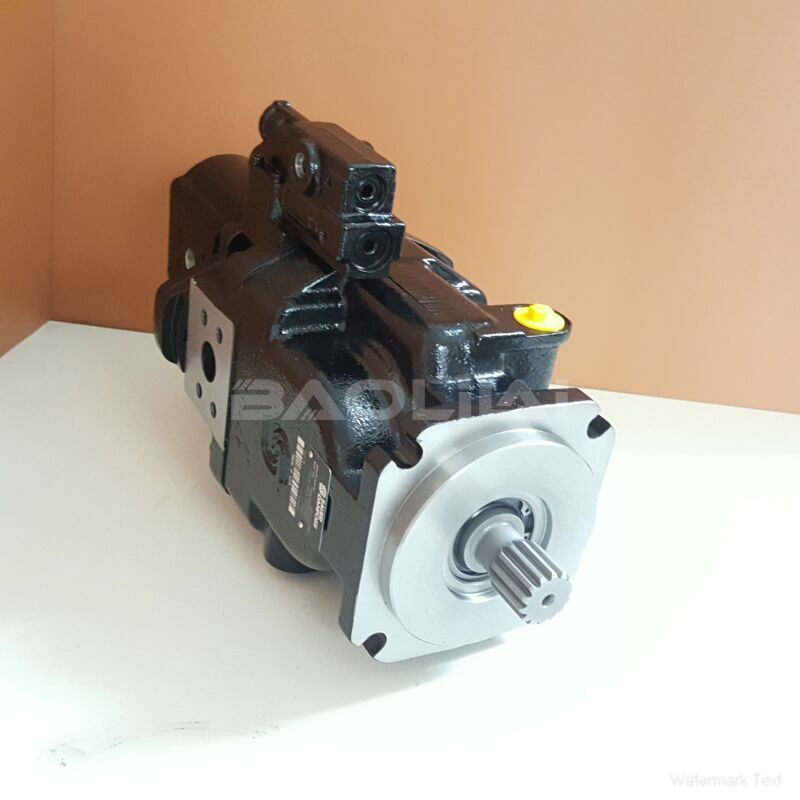FRR090CLB2625NNN3S2B2A1NNNNNNNNNN piston pump
FRR090CLB2625NNN3S2B2A1NNNNNNNNNN piston pump

- Product Details
- Applicable Scene
Danfoss hydraulic pumps are renowned for their efficiency and reliability in various industrial applications. However, the effective usage of these pumps goes beyond mere installation; it necessitates a deep understanding of their operational principles, maintenance requirements, and safety protocols. This is where training and certification play a crucial role.
FR-R-090C-LB-26-25-NN-N-3-S2B2-A1N-NNN-NNN-NNN
FRR090CLB2625NNN3S2B2A1NNNNNNNNNN
Training in the operation of Danfoss hydraulic pumps equips users with the knowledge to maximize the pump’s capabilities while minimizing the risk of failure and accidents. Comprehensive training programs typically cover essential topics such as hydraulic principles, pump selection, installation, troubleshooting, and maintenance procedures. By ensuring that operators are well-versed in these areas, companies can enhance the overall performance of their hydraulic systems, leading to increased productivity and reduced downtime.

83044200
Certification serves as an important benchmark of a technician’s or operator’s knowledge and skills. It provides assurance that individuals possess the necessary expertise to operate and maintain Danfoss hydraulic pumps safely and effectively. Many certification programs involve rigorous assessments that test theoretical understanding and practical skills. This not only elevates the standard of operation among users but also fosters a culture of accountability and professionalism within an organization.
Moreover, certification can lead to better job opportunities for technicians and operators. As industries increasingly prioritize safety and efficiency, having certification in Danfoss hydraulic pumps on a resume can make candidates more attractive to potential employers. Companies that invest in the training and certification of their workforce often experience lower turnover rates, as employees feel more competent and valued in their roles.
Another vital aspect of training and certification is compliance with industry regulations and standards. Many sectors have strict regulations regarding the operation of hydraulic systems, particularly in industries such as construction, oil and gas, and manufacturing. Proper training ensures that operators are informed about these regulations and can adhere to them, thereby reducing the risk of legal issues and enhancing the company’s reputation.





